Question And Answer
Publications
Articles, publications, books, tools and multimedia features from the U.S. Institute of Peace provide the latest news, analysis, research findings, practitioner guides and reports, all related to the conflict zones and issues that are at the center of the Institute’s work to prevent and reduce violent conflict.
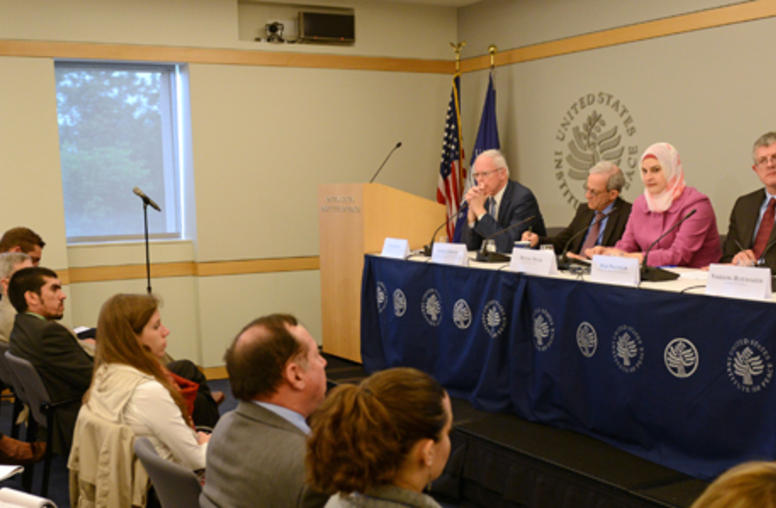
Panel at USIP Urges More U.S. Activism in Iraq, Syria
The best way for the U.S. to promote stability in Iraq is to help bring an end to the increasingly sectarian civil war in Syria, experts said at a recent USIP event.
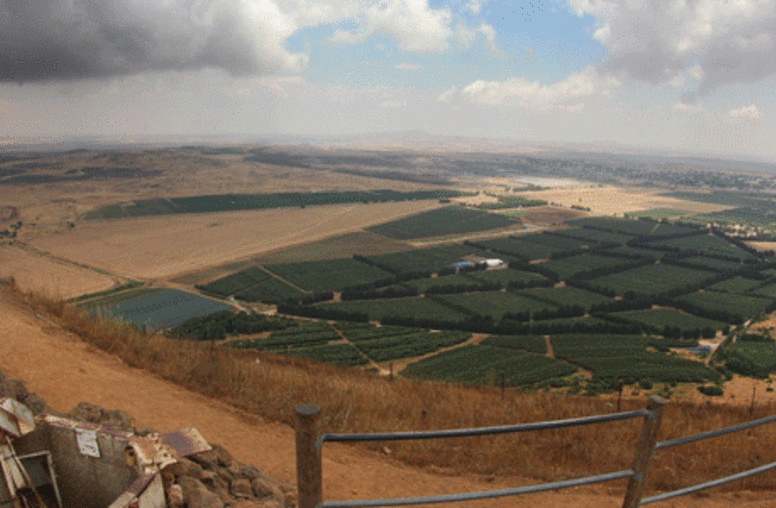
Will the Israeli Bombings in Syria Spark a Regional Crisis?
USIP’s Lucy Kurtzer-Ellenbogen assesses the fallout from the Israeli air strikes in Syria, and the likelihood for an acute regional crisis. Israel has not formally confirmed its role in the two airstrikes on Syrian targets earlier this month, but unofficial Israeli acknowledgement, and intelligence corroboration (including from the U.S.) confirm that Israel was behind the bombings.
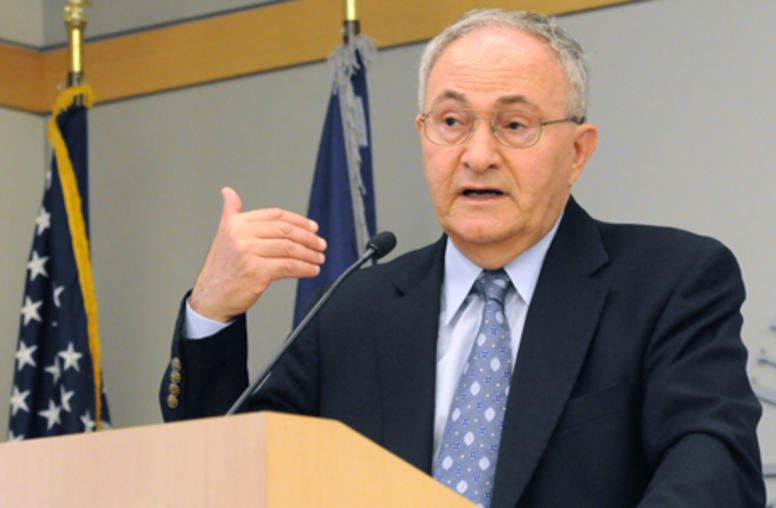
USIP-Wilson Center Series on Arab Spring Impacts Concludes
In the last of a five-part series of papers and meetings on “Reshaping the Strategic Culture of the Middle East,” regional specialist Adeed Dawisha told an audience at the U.S. Institute of Peace (USIP) on June 12 that, contrary to some expectations, no clear political or ideological breach has opened up between the revolutionary states of the Arab Spring and the region’s status quo powers.
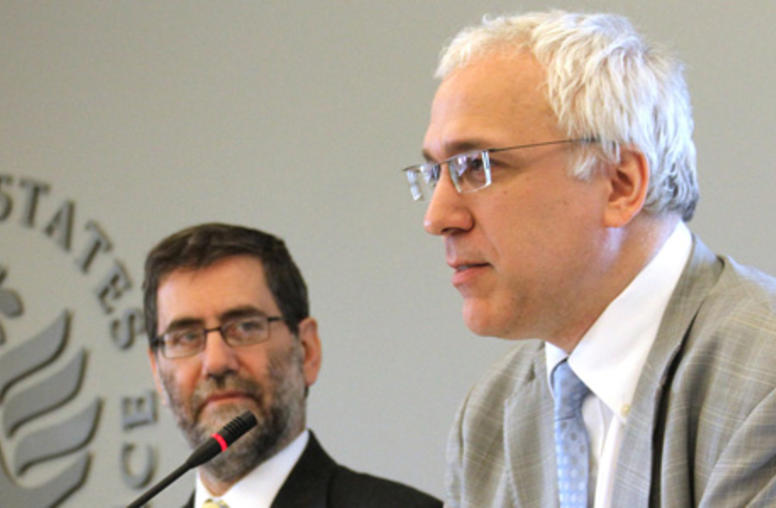
Syria Leaves U.S., EU Uncertain How to Meet Pledge to Prevent Atrocities
Despite pledges to carry out the principle of the responsibility to protect against mass killings, the U.S. and the EU have struggled how to respond to Syria, even as the scale of human loss eclipses that of Libya before the international community intervened. A USIP panel considers how to move forward.
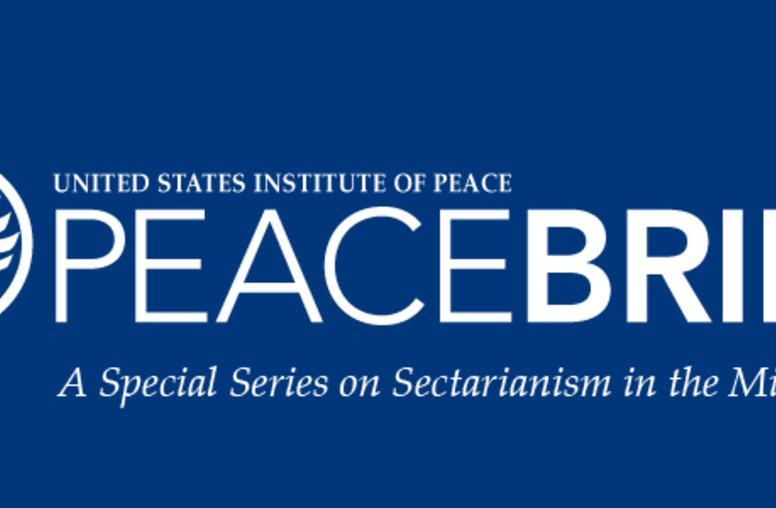
USIP Series on Sectarianism in the Middle East
Over the past decade, sectarian identities have become increasingly important as a source of inter-state and inter-communal tension, regional rivalries, and violent conflicts across the Middle East.
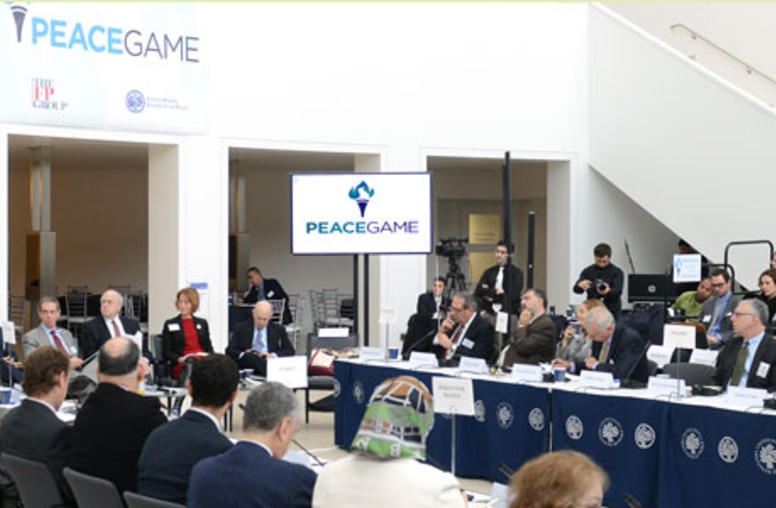
USIP, FP Group Launch Inaugural PeaceGame with Syria Focus
The U.S. Institute of Peace (USIP) and the FP Group jointly held their inaugural “PeaceGame” on December 9 at the Institute, an exercise that drew on a wide range of foreign policy specialists to examine what “the best possible peace for Syria” might look like.
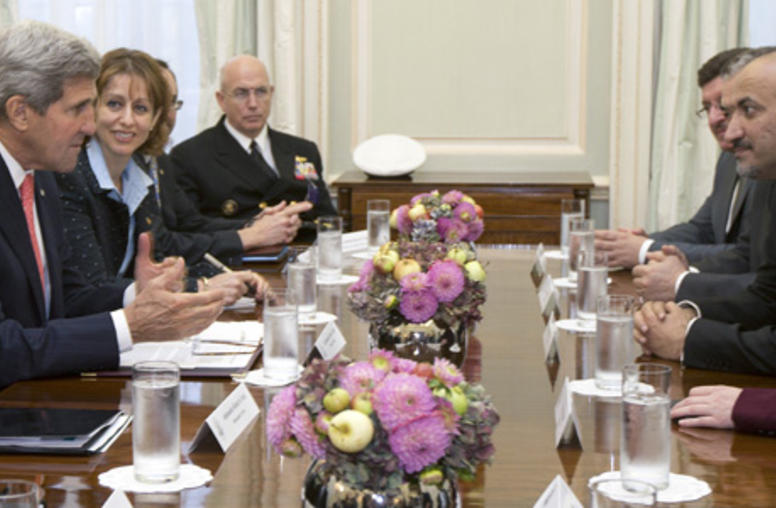
Debate Lessons
What can we learn from other peace processes that could help ease the negotiations in Geneva this January between the Syrian government and the country's fractured opposition? Many seasoned practitioners would argue that since no two conflicts are alike, it is dangerous to assume that what worked in managing one conflict will work in another. At the risk of proving the skeptics right, however, there are a few areas in which earlier conflicts might provide useful lessons for Geneva: identity i...
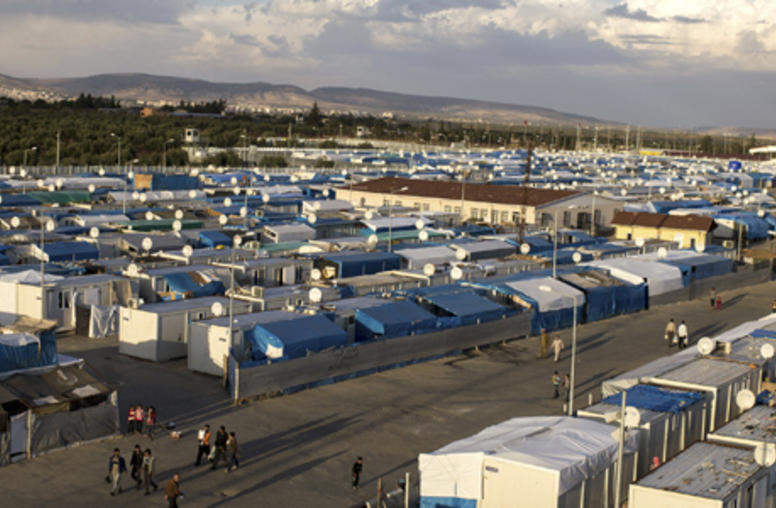
Neighborhood Watch
After nearly 30 months of conflict in Syria, millions of refugees have fled across the country's borders, and violent spillover has touched Turkey, Lebanon, Jordan, Iraq, and Israel. What has been characterized as a civil war has already morphed into a regional power struggle between Saudi Arabia and Iran and heightened sectarian polarization that is eroding stability in Iraq, Lebanon, and Jordan.
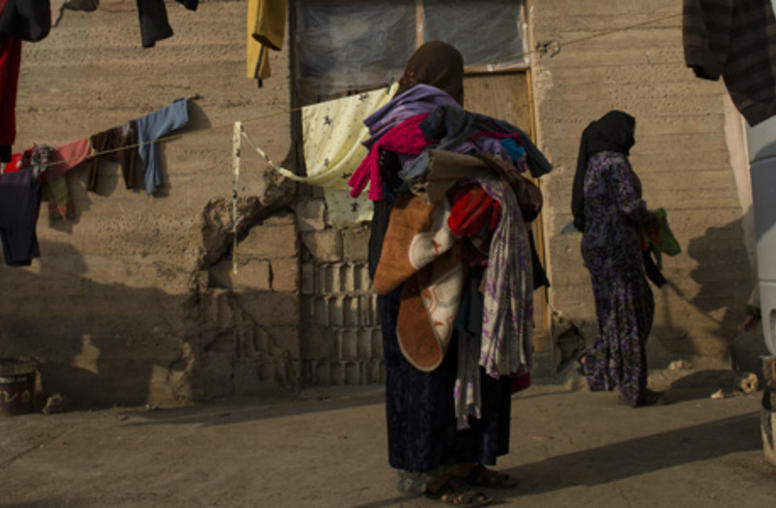
Peace Economics
The Arab Spring rebellions in Tunisia, Libya, Egypt, and Syria raise a crucial question for analysts: Why did authoritarian or kleptocratic rulers lose control over their polities? For decades, these rulers were able to use a combination of repressive and redistributive policies in order to maintain social order. Why did that order break down?
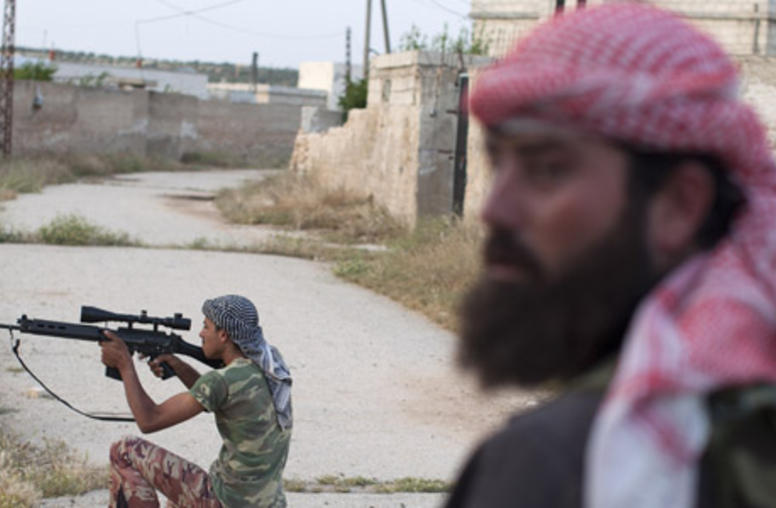
From Ceasefire to Stability
Civil war has created a nationwide security vacuum across Syria. Conflict rages in virtually every one of the country's 13 provinces. Hundreds of thousands of Syrians have been killed or wounded, and millions have been displaced, causing the worst humanitarian crisis since the Rwandan genocide in 1994.